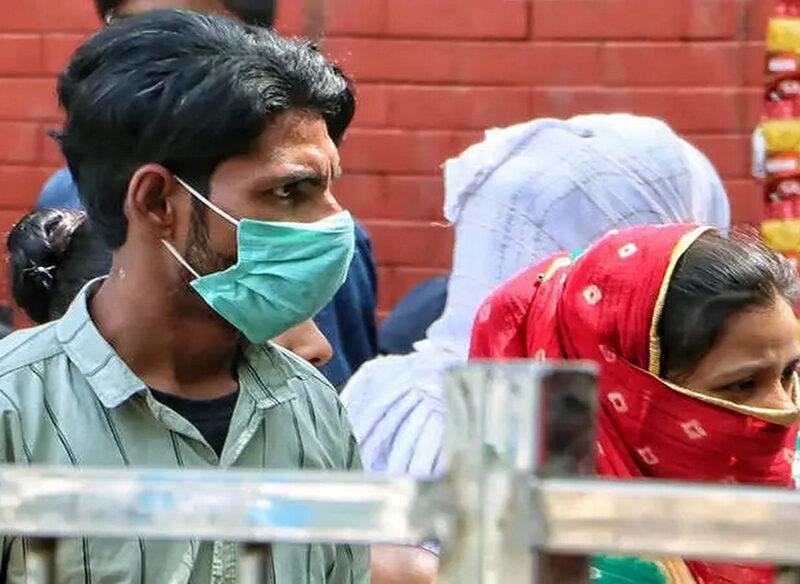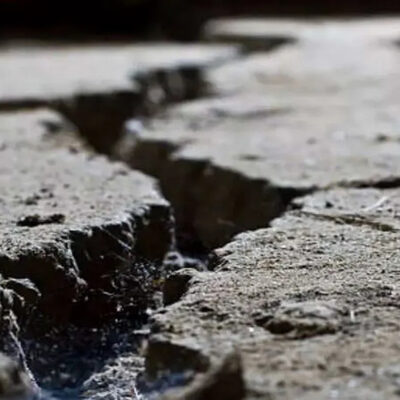A recent study published in The Lancet Regional Health – Southeast Asia has shed light on the severe impact of COVID-19 and the climate crisis on the mental health of young Indians. Let’s delve into the key findings and implications of this study.
Similar Negative Impacts
The study, conducted by international researchers including experts from India, Australia, and the UK, reveals that both COVID-19 and the climate crisis have had comparable negative effects on the mental well-being of young Indians. This includes increased psychological distress such as depression, anxiety, and insomnia.
Climate Change and Mental Health
Climate change has been particularly detrimental to the mental health of children and adolescents. Those with pre-existing mental health conditions and limited social support are at a heightened risk of experiencing climate change-induced mental health challenges.
COVID-19’s Psychological Toll
Similarly, the COVID-19 pandemic has led to a surge in psychological distress among young Indians. Factors such as job losses, disruptions in social connections, and overall upheavals in daily life have contributed to increased levels of depression, anxiety, and stress.
Insights from the Study
Dr. Sandhya Yatirajula, the lead author from The George Institute for Global Health, emphasizes the concerning impact of climate change on feelings of hopelessness and loss of agency, especially among vulnerable populations already affected by the COVID-19 crisis.
Study Participants and Findings
The study included nearly 600 young adults aged between 16 and 24 from urban slums in Haryana’s Faridabad and Hyderabad’s Jubilee Hills. It explored their perceptions, concerns, and desires regarding both the climate crisis and COVID-19. The findings revealed comparable levels of climate and COVID-19 concerns impacting mental well-being.
Impact of Extreme Weather Events
Participants who personally experienced or witnessed extreme weather events reported significant negative impacts on their lives. However, engaging in environmental improvement actions had a positive influence.
Call for Action and Support
The study underscores the need for increased opportunities and platforms for young people to take action on climate change and COVID-19. This activism not only benefits their mental well-being but also fosters a sense of purpose and resilience.
Collaboration for Resilience
Collaboration between policymakers and citizens is crucial in creating a proactive and resilient environment that addresses the negative impacts of pandemics and climate change. Involving young people in mitigation efforts can empower them and enhance their ability to cope with future challenges.
In conclusion, the study highlights the intertwined nature of mental health, environmental crises, and pandemics, stressing the importance of collective action and support systems to safeguard the well-being of young Indians.










Comments